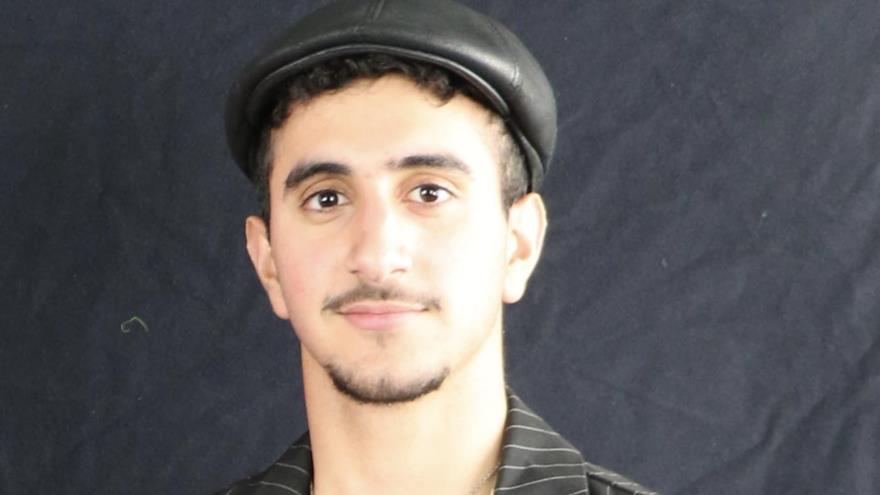Q&A with Daniela Ascarelli: The Impact of Studying Abroad

DrexelNow spoke with Daniela Ascarelli, assistant vice provost for international programs and director of Drexel’s Study Abroad program, to find out more about the program at Drexel and why studying abroad is such a powerful and important experience for students.
What can you tell me about Drexel’s Study Abroad program?
The Study Abroad Office develops opportunities for all Drexel students, including graduate students and College of Medicine students, to go abroad for a week, a term or a full year through a wide range of programs, including partnerships and exchanges with major universities across the globe. We work with all of Drexel’s colleges and schools as well as various non-academic departments such as the co-op office and Student Affairs to ensure that when our students go abroad they have the best experience possible in terms of their academic, professional and personal development.
There were a few study abroad opportunities at Drexel when I began as director of the office 12 years ago, but during my tenure we have dramatically increased the number of opportunities for our students and now have more than 50 different options.
How many Drexel students study abroad each year? And in how many countries?
This past year our office facilitated close to 500 international experiences for Drexel students. They spent time in more than 20 different countries including China, Ireland, Turkey and Senegal. In fact, starting Fall 2013 we have a new program called “Freshman Frontiers: First Term in Dublin,” which will allow students to begin their Drexel careers in Ireland.
The study suggests that an international experience can positively impact a student's “Big Five” personality traits (agreeableness, conscientiousness, emotional stability, extraversion and openness). Do you agree? What is it about the study abroad experience that can have such an impact?
Yes, we most certainly see this when we meet with our returning students. A successful study abroad experience requires that a student be independent, open-minded and flexible—qualities that I would think directly correlate to the “Big Five” personality traits. The difference between a good experience and an awesome experience is frequently linked to how open a student is to embracing new experiences, be it new teaching styles, new foods or new languages.
What is some of the most common feedback you get from students returning from a study abroad experience?
Returning students tell us that their time abroad was the best part of their college experience, and they frequently ask us how they can go abroad again. Our “welcome/welcome back” reception is always a great evening as the students are eager to share their experiences with us and other students. While abroad, many students blog for us, which gives us an opportunity to see how their experience is evolving.
Learn more about Drexel’s Study Abroad program here.
In This Article
Drexel News is produced by
University Marketing and Communications.
